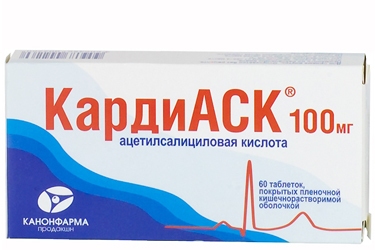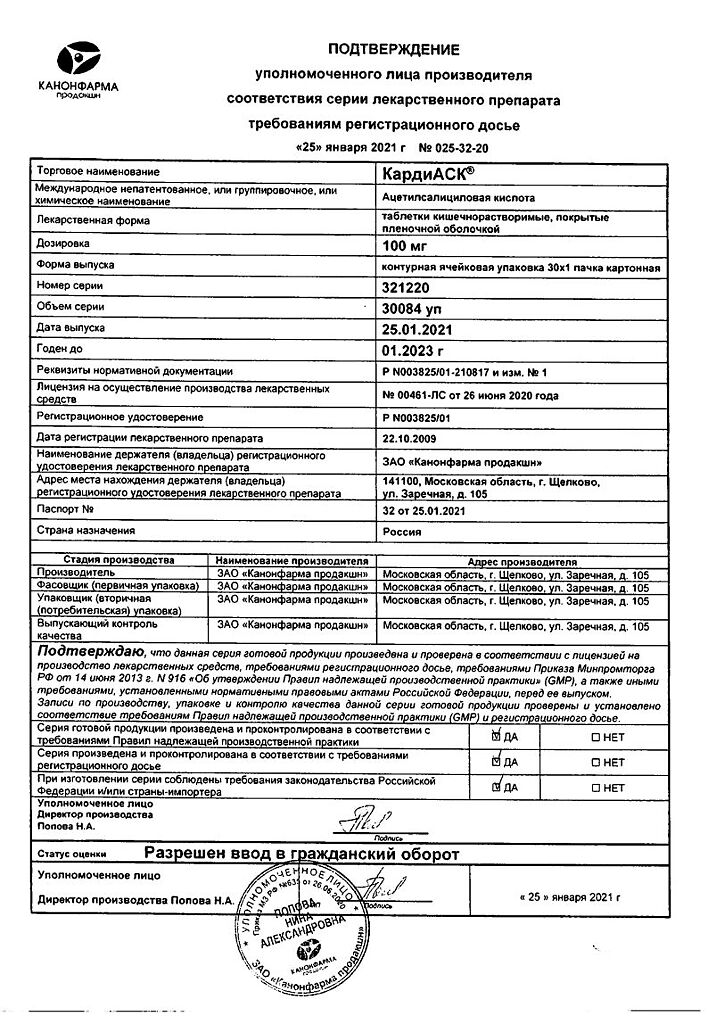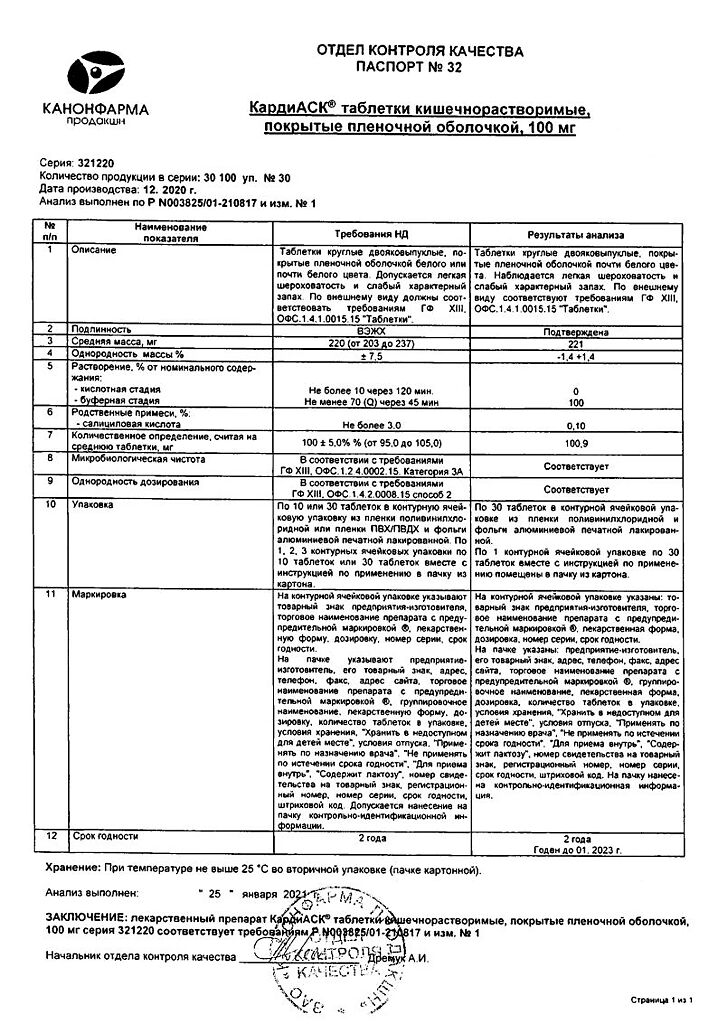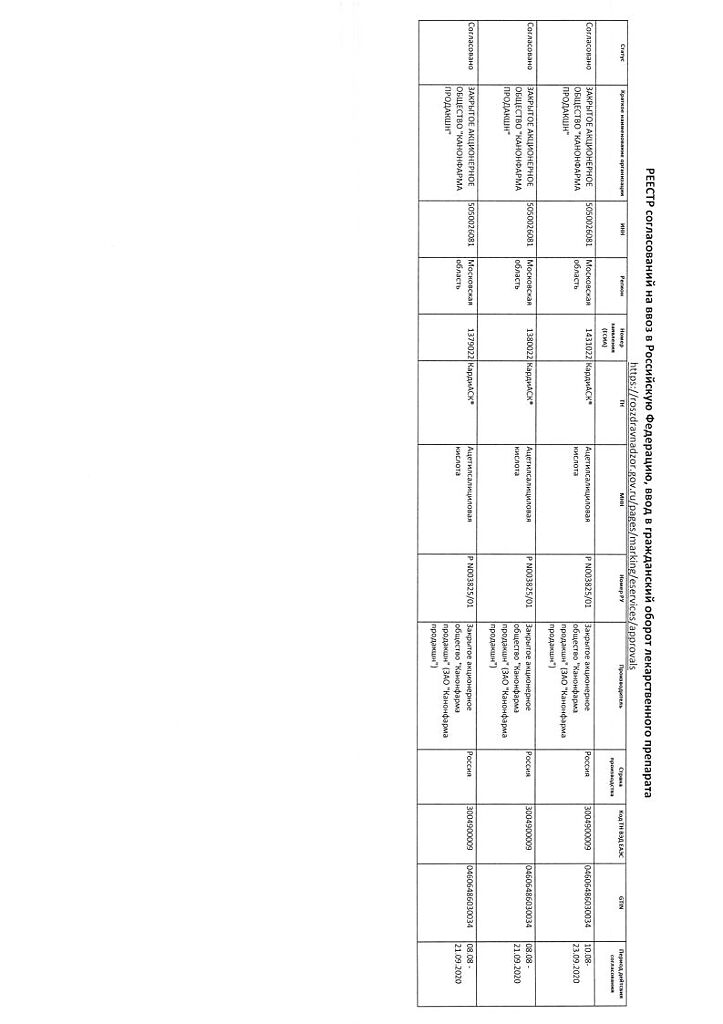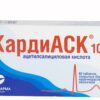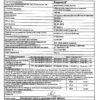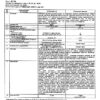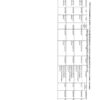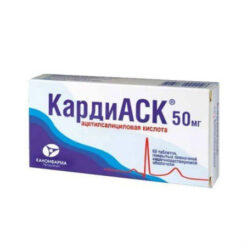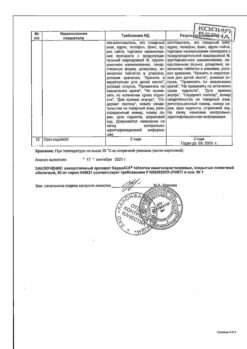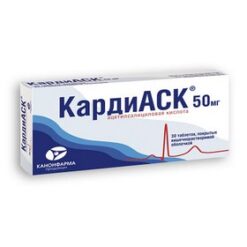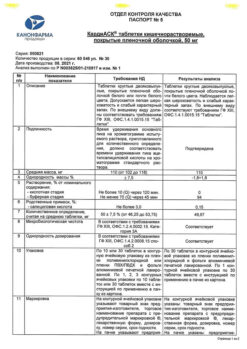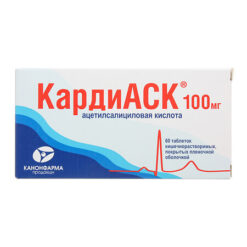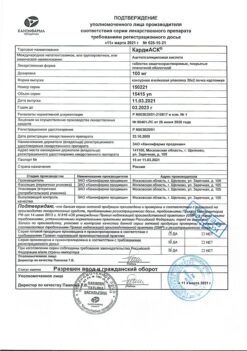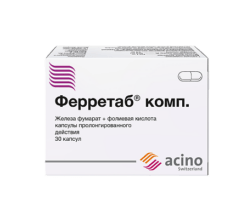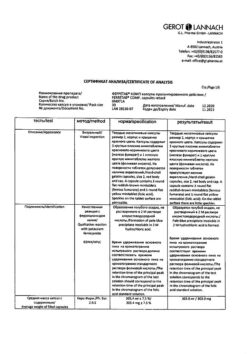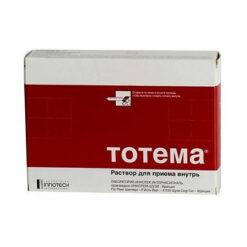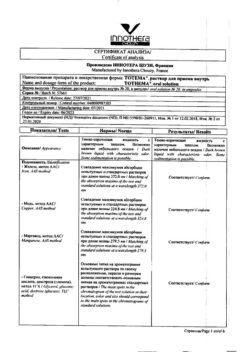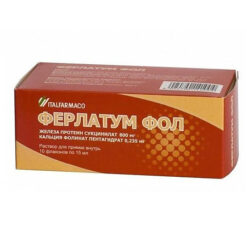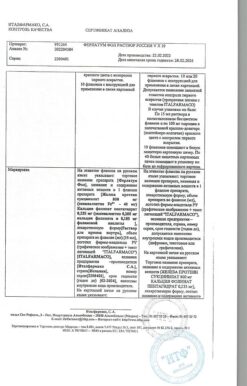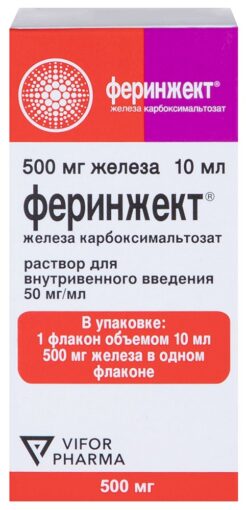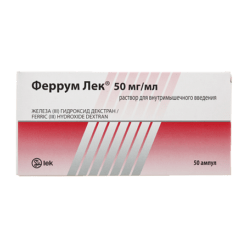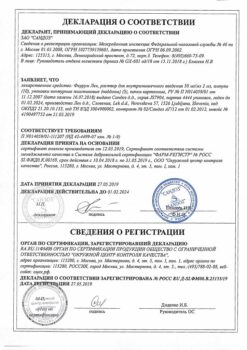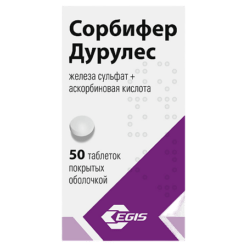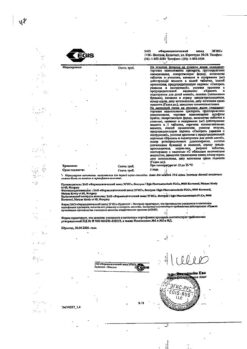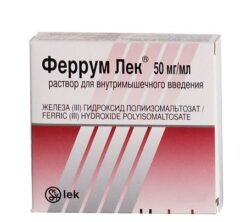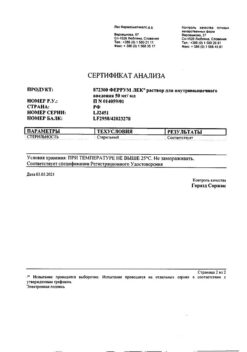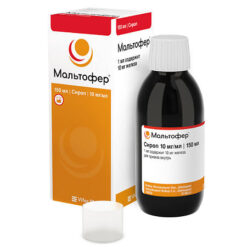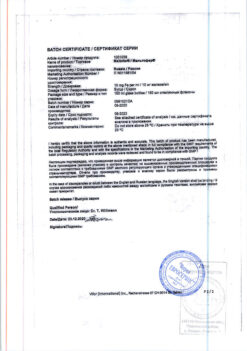No products in the cart.
CardiASC, 100 mg 30 pcs
€3.41 €2.84
Description
NSAID, antiaggregant. The main mechanism of action of the drug CardIASC is irreversible inactivation of cyclooxygenase enzyme (COX-1), as a result of which the synthesis of thromboxane A2 is blocked and platelet aggregation is suppressed. CardIASC also has anti-inflammatory, antipyretic and analgesic effects.
Pharmacokinetics
Assimilation
.
After oral administration, acetylsalicylic acid is absorbed in the upper small intestine. Cmax in plasma is reached 3 hours after oral administration.
Metabolism
Acetylsalicylic acid is partially metabolized in the liver to form less active metabolites.
Elimation
Extracted by the kidneys both unchanged and as metabolites. T1/2 for acetylsalicylic acid is 15 minutes, for metabolites – about 3 hours.
Indications
Indications
– prevention of acute myocardial infarction in the presence of risk factors (including diabetes mellitus, hyperlipidemia, arterial hypertension, obesity, smoking, old age) and recurrent myocardial infarction;
– unstable angina;
— prevention of stroke (including in patients with transient cerebrovascular accidents);
— prevention of transient cerebrovascular accidents;
– prevention of thromboembolism after operations and invasive interventions on blood vessels (including coronary artery bypass surgery, carotid endarterectomy, arteriovenous bypass, carotid angioplasty);
– prevention of deep vein thrombosis and thromboembolism of the pulmonary artery and its branches (including with prolonged immobilization as a result of extensive surgery).
Pharmacological effect
Pharmacological effect
NSAID, antiplatelet agent. The main mechanism of action of the drug CardiASK is the irreversible inactivation of the enzyme cyclooxygenase (COX-1), as a result of which the synthesis of thromboxane A2 is blocked and platelet aggregation is suppressed. CardiASK also has anti-inflammatory, antipyretic and analgesic effects.
Pharmacokinetics
Suction
After oral administration, acetylsalicylic acid is absorbed in the upper part of the small intestine. Cmax in blood plasma is achieved 3 hours after oral administration.
Metabolism
Acetylsalicylic acid is partially metabolized in the liver to form less active metabolites.
Removal
It is excreted by the kidneys both unchanged and in the form of metabolites. T1/2 for acetylsalicylic acid is 15 minutes, for metabolites – about 3 hours.
Special instructions
Special instructions
The drug CardiASK should be used after a doctor’s prescription.
ASA can provoke bronchospasm, as well as cause attacks of bronchial asthma and other hypersensitivity reactions.
Risk factors include a history of bronchial asthma, hay fever, nasal polyposis, chronic respiratory diseases, and allergic reactions to other drugs (for example, skin reactions, itching, urticaria).
ASA can cause bleeding of varying severity during and after surgery.
The combination of ASA with anticoagulants, thrombolytics and antiplatelet drugs is accompanied by an increased risk of bleeding.
ASA in low doses can trigger the development of gout in predisposed individuals (those with reduced excretion of uric acid).
The combination of ASA with methotrexate is accompanied by an increased incidence of side effects from the hematopoietic organs.
High doses of ASA have a hypoglycemic effect, which must be kept in mind when prescribing it to patients with diabetes mellitus receiving hypoglycemic drugs.
With the combined use of GCS and salicylates, it should be remembered that during treatment the level of salicylates in the blood is reduced, and after discontinuation of GCS, an overdose of salicylates is possible.
The combination of ASA with ibuprofen is not recommended, since the latter worsens the beneficial effect of ASA on life expectancy.
Exceeding the dose of ASA is associated with a risk of gastrointestinal bleeding.
Overdose is especially dangerous in elderly patients.
When combining ASA with alcohol, there is an increased risk of damage to the mucous membrane of the gastrointestinal tract and prolongation of bleeding time.
Active ingredient
Active ingredient
Acetylsalicylic acid
Composition
Composition
Pills
Active ingredient:
acetylsalicylic acid;
Excipients:
corn starch,
lactose,
microcrystalline cellulose,
Plasdon K-90,
calcium stearate,
twin-80,
Collicut MAE 100R,
Plasdon S-630,
propylene glycol,
talc,
castor oil,
titanium dioxide
Contraindications
Contraindications
— erosive and ulcerative lesions of the gastrointestinal tract;
– gastrointestinal bleeding;
– bronchial asthma induced by taking salicylates and NSAIDs;
– “aspirin triad” (Fernand-Vidal triad: a combination of bronchial asthma, recurrent polyposis of the nose and paranasal sinuses and intolerance to acetylsalicylic acid);
– hemorrhagic diathesis;
– combined use with methotrexate at a dose of 15 mg per week or more;
– liver failure;
– renal failure;
— I and III trimester of pregnancy;
– lactation (breastfeeding);
— age up to 18 years;
– hypersensitivity to acetylsalicylic acid and other NSAIDs.
CardiASK is prescribed with caution for gout, hyperuricemia, as well as for patients with a history of ulcerative lesions of the gastrointestinal tract or gastrointestinal bleeding, bronchial asthma, chronic respiratory diseases, hay fever, polyposis of the nasal mucosa, allergic reactions to drugs, when combined with methotrexate in doses of less than 15 mg per week, with vitamin K deficiency and glucose-6-phosphate dehydrogenase.
Side Effects
Side Effects
Allergic reactions: urticaria, Quincke’s edema.
From the digestive tract: nausea, heartburn, vomiting, pain in the abdomen, ulcers of the mucous membrane of the stomach and duodenum, including perforations, gastrointestinal bleeding, increased activity of liver enzymes.
From the respiratory system: bronchospasm.
From the immune system: anaphylactic reactions.
From the hematopoietic system: anemia (rarely), increased bleeding.
From the central nervous system: dizziness, tinnitus.
Interaction
Interaction
When used simultaneously, ASA enhances the effect of the following drugs:
– methotrescat by reducing renal clearance and displacing it from protein binding;
– heparin and indirect anticoagulants due to disruption of platelet function and displacement of indirect anticoagulants from binding with proteins;
– thrombotic and antiplatelet drugs (ticlopidine);
– digoxin due to a decrease in its renal excretion;
– antidiabetic drugs (insulin and sulfonylurea derivatives) due to the hypoglycemic properties of ASA itself in high doses and displacing sulfonylurea derivatives from binding with proteins;
– valproic acid by displacing it from its connection with proteins.
An additive effect is observed when taking ASA simultaneously with alcohol.
ASA weakens the effect of uricosuric drugs (benzbromarone) due to competitive tubular elimination of uric acid.
By enhancing the elimination of salicylates, systemic glucocorticosteroids (GCS) weaken their effect.
Overdose
Overdose
Symptoms of a moderate overdose of CardiASK:
Nausea, vomiting, tinnitus, hearing loss, dizziness, confusion.
Treatment:
Reducing the dose of the drug.
Symptoms of a severe overdose of CardiASK:
Fever, hyperventilation, ketoacidosis, respiratory alkalosis, coma, cardiovascular and respiratory failure, severe hypoglycemia.
Treatment: immediate hospitalization in specialized departments for emergency treatment – gastric lavage, determination of acid-base status, alkaline and forced alkaline diuresis, hemodialysis, administration of solutions, activated charcoal, symptomatic therapy. When carrying out alkaline diuresis, it is necessary to achieve pH values between 7.5 and 8. Forced alkaline diuresis should be carried out when the concentration of salicylates in the blood plasma is more than 500 mg/l (3.6 mmol/l) in adults and 300 mg/l (2.2 mmol/l) in children.
Manufacturer
Manufacturer
Kanonpharma production CJSC, Russia
Additional information
| Manufacturer | Kanonfarma Production ZAO, Russia |
|---|---|
| Medication form | enteric soluble tablets |
| Brand | Kanonfarma Production ZAO |
Other forms…
Related products
Buy CardiASC, 100 mg 30 pcs with delivery to USA, UK, Europe and over 120 other countries.

